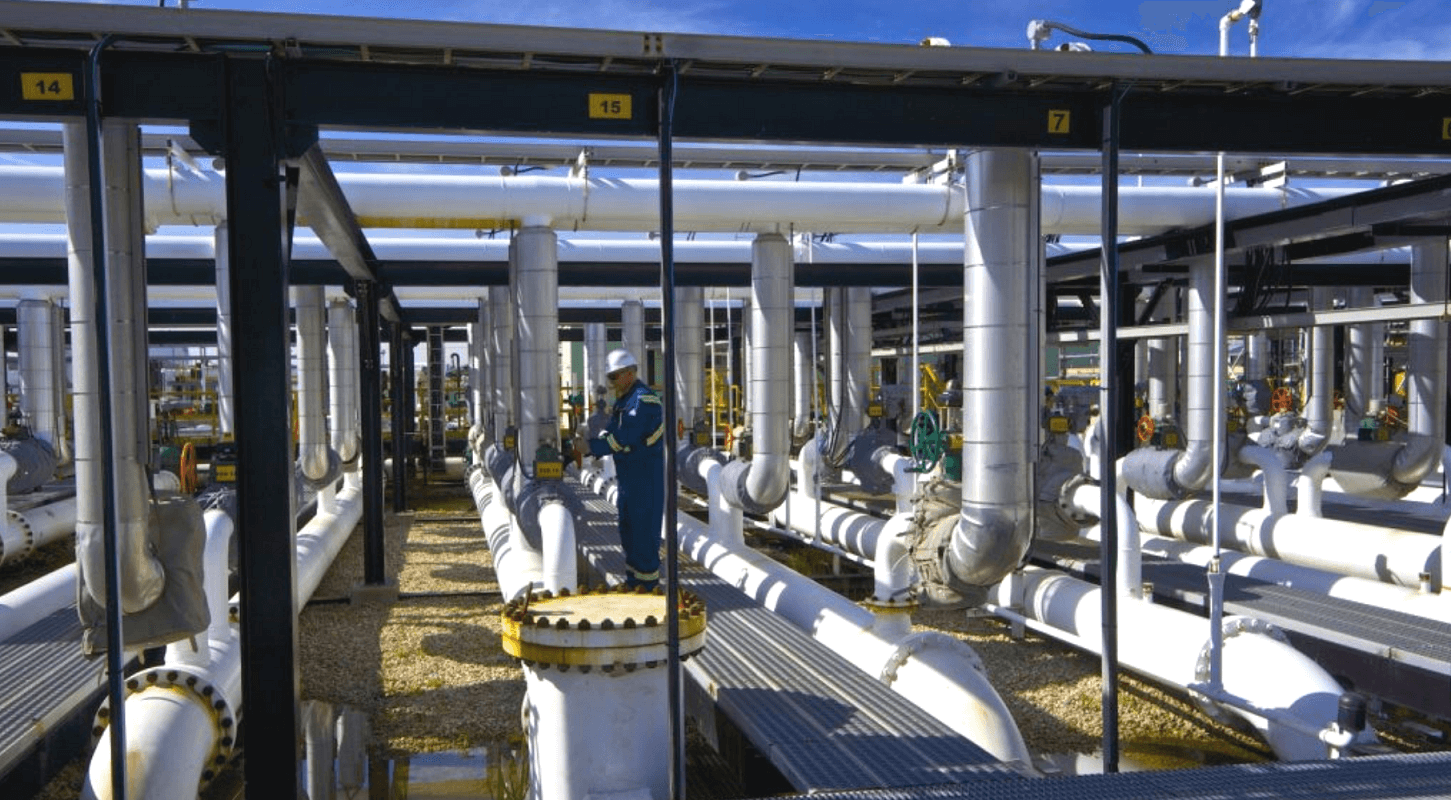

By Stephen Buffalo and Ken Coates, December 5, 2018
For generations, First Nations and other Indigenous peoples have struggled to find the same prosperity and opportunities available to Canadians as a whole. Everyone knows that more than 150 years of federal government intervention in Indigenous lives has brought much more heartache and poverty than empowerment and advancement.
That is finally changing. Communities fought for and won recognition of their Aboriginal and treaty rights. Many communities converted these rights into opportunity and secured modern treaties or settlements of special claims; hundreds signed Impact and Benefit Agreements with resource companies. They are now producing energy resources on their reserve lands, purchasing oil and gas leases, establishing service and supply businesses, and finding employment. We are seeing the first substantial signs in generations that the Canadian economy can work for Indigenous peoples.
The current crisis in the Western Canadian oil and gas sector is hitting many Indigenous communities hard. The 130 oil and gas-producing members of the Indian Resource Council are truly feeling the pinch. The decline in revenues means that Indigenous governments are building fewer homes, training fewer people, and are not able to support our social and cultural programs as they would like to. Tragically, having followed the rules and finally grasped the opportunity, First Nations are being dragged down by the inability of the government of Canada to get pipelines built in a timely fashion.
It is true that Fist Nations along the British Columbia coast have been fighting hard against the Trans Mountain Expansion Project, although some of the same groups support LNG developments in their traditional territories. Those who oppose oil and gas development do so thoughtfully and their position is to be respected. But those First Nations engaged in the industry have also given their participation careful thought and have proceeded with great attention to environmental protection and sustainability.
Now, with Bill C-69 before the Senate, another serious challenge has emerged. Many First Nations support the Government of Canada’s legislation, which will add complexity and extended the time allocated to environmental review and assessment processes. Indigenous communities welcome expanded consultation processes and the requirement for impact assessments to include Indigenous traditional knowledge. But many Indigenous communities are worried that too little consideration was given to the economic costs. They feel that it could seriously undercut progress in a commercial sector that is already reeling from numerous body blows.
Pipeline delays and cancellations, open-ended and expensive consultation processes, and general project uncertainty have already scared off a great deal of investment capital and have put many projects at risk. In parts of the west, including a substantial number of Indigenous communities, economic prosperity is threatened. A national government that purports to care profoundly about the needs and interests of Indigenous communities seems to be paying little attention to the aspirations of oil and gas producing communities.
This issue is on the agenda of this week’s meetings of the Assembly of First Nations in Ottawa. And it is finally attracting attention across the country.
Bill C-69 will be very contentious within and between Indigenous communities. It is a complex issue. There is no desire to start a sharp debate among Indigenous peoples, but rather an appeal for caution in a time of great uncertainty. The Government of Canada needs to take a timeout. It needs to put a hold on Bill C-69 while the underlying challenges facing the Canadian oil and gas sector are addressed. The prosperity and aspirations of many First Nations hang in the balance.
Rushing forward at a time when the energy sector is being battered from all sides would be most unfortunate. First Nations and industry are working on many different fronts to build a solid, environmentally sound foundation for the oil and gas industry. The whole country needs time to make sense of the implications. Greater uncertainty is the last thing we need.
Stephen Buffalo is President and CEO of the Indian Resource Council. Ken Coates is Munk Senior Fellow at the Macdonald-Laurier Institute.




